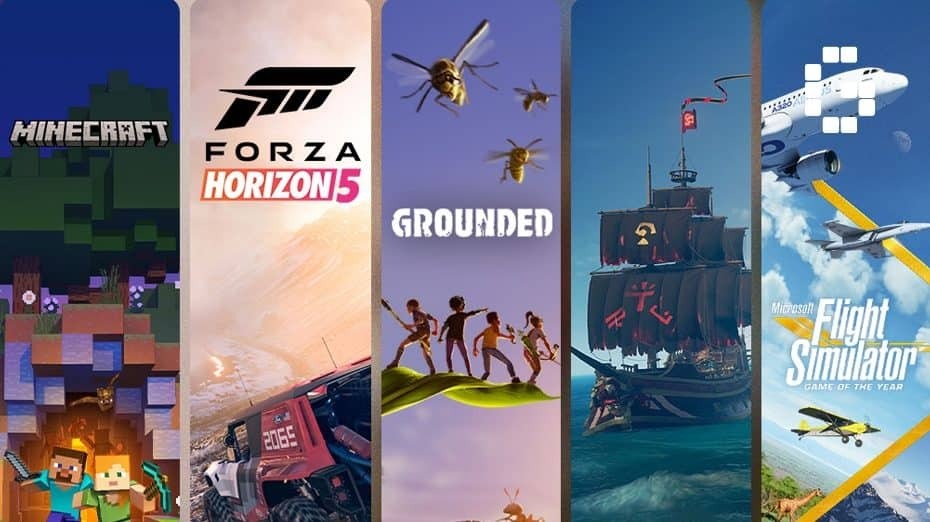Microsoft has been a major player in the gaming industry for years now, with its Xbox console line and the Game Pass subscription service. The company’s latest move sees it opening up the PC version of Game Pass to 40 new countries, in a bid to expand its user base and increase its reach in the global market.
Game Pass is a subscription service that allows users to access a large library of games for a monthly fee. It has been hugely successful on the Xbox console, and Microsoft is now pushing to expand the service to the PC market. This move will give PC gamers in 40 new countries access to the same library of games that Xbox Game Pass users have been enjoying for years.
The expansion of Game Pass to these new countries is part of Microsoft’s larger push to increase its subscription-based revenue streams. The company has been investing heavily in services like Game Pass and its cloud-based offerings, as it seeks to move away from a reliance on traditional software sales.
The new countries that will have access to Game Pass for PC include Argentina, Chile, Colombia, Egypt, Israel, Saudi Arabia, and South Africa, among others. This brings the total number of countries with access to Game Pass for PC to over 90.
For PC gamers in these countries, the availability of Game Pass will be a major boon. They will be able to access a wide range of games without having to purchase each title individually, which can be prohibitively expensive. The subscription model also allows for more flexibility, as users can cancel or pause their subscription at any time.
The expansion of Game Pass to new markets will also be beneficial for Microsoft. The company will be able to tap into new revenue streams and increase its user base, which will in turn lead to more engagement with its other products and services. Additionally, the subscription model provides a more predictable revenue stream than traditional software sales, which can be subject to fluctuations based on release schedules and market trends.
One potential hurdle for Microsoft in these new markets is the availability of high-speed internet. Game Pass requires a reliable and fast internet connection, and in some countries, this may not be readily available. However, the company has been investing in cloud-based gaming technology, which could help to mitigate this issue in the long term.
Microsoft’s push into the subscription-based market is not unique, as other tech companies like Apple and Amazon have also been investing heavily in similar services. The success of these services has led to a shift in the way that companies approach software sales, with many now looking to offer subscription-based models as a way to provide more value to customers and increase revenue streams.
In conclusion, the expansion of Game Pass to 40 new countries is a significant move for Microsoft and its gaming division. It will provide PC gamers in these countries with access to a wide range of games, and will also help the company to increase its revenue streams and expand its user base. As the subscription-based model continues to gain popularity in the tech industry, it will be interesting to see how Microsoft and its competitors continue to adapt and innovate in this space.

